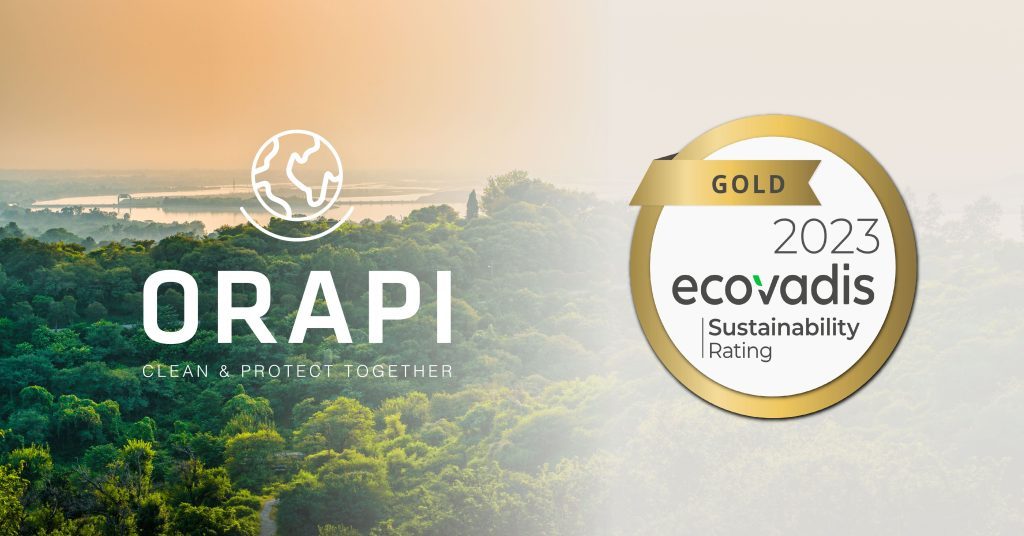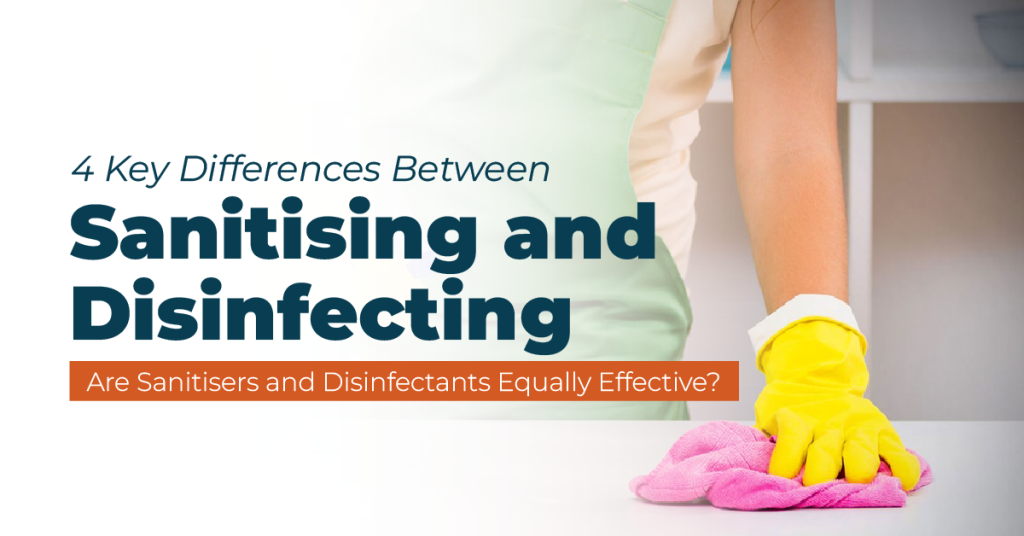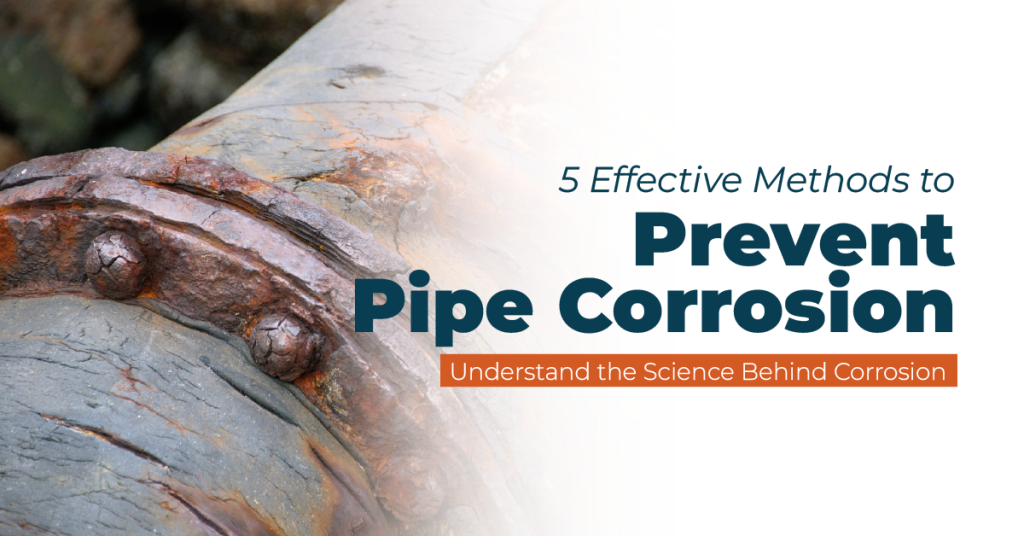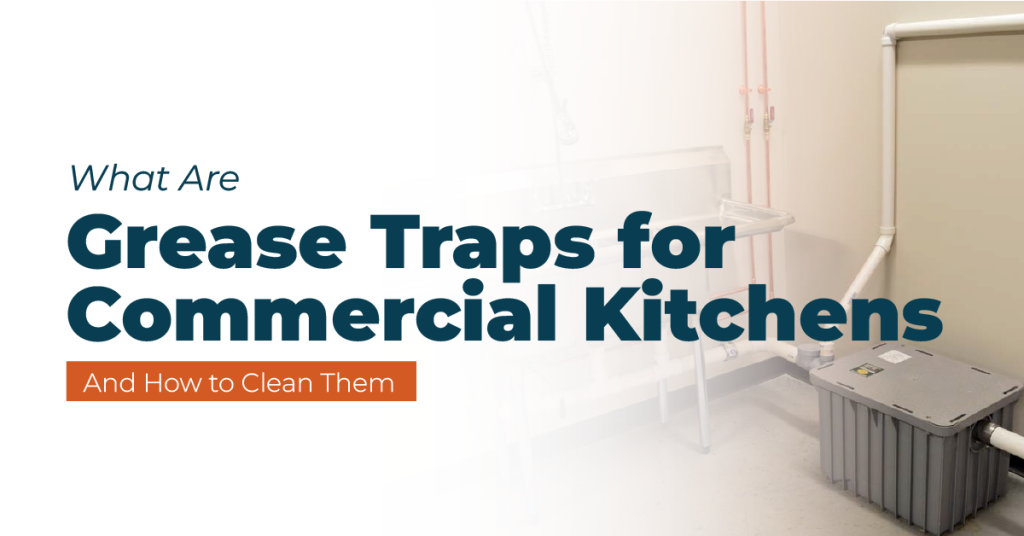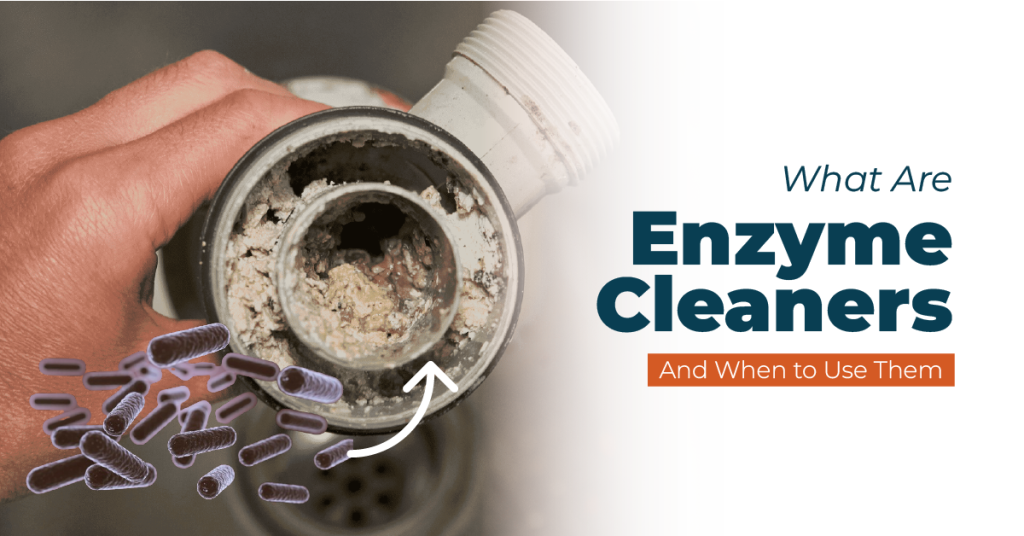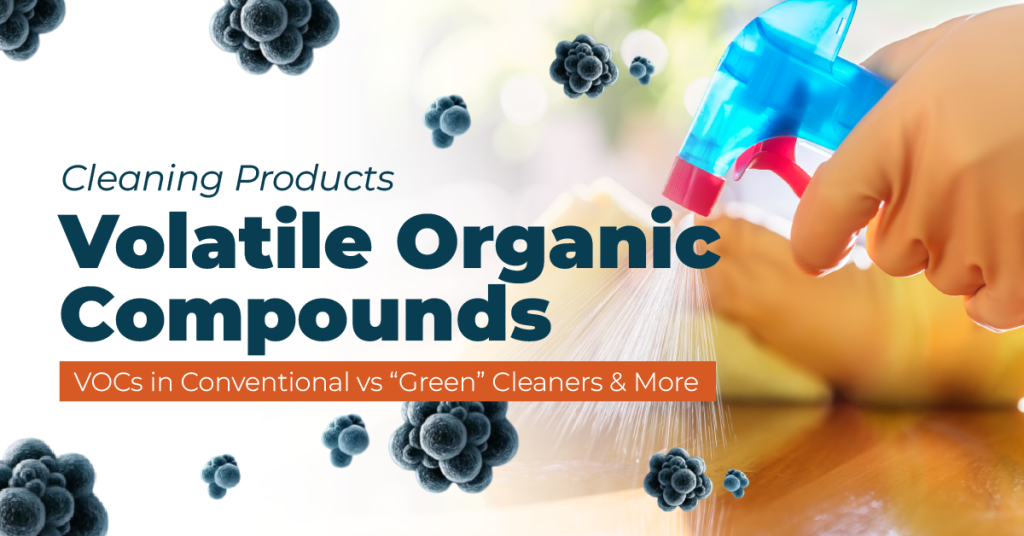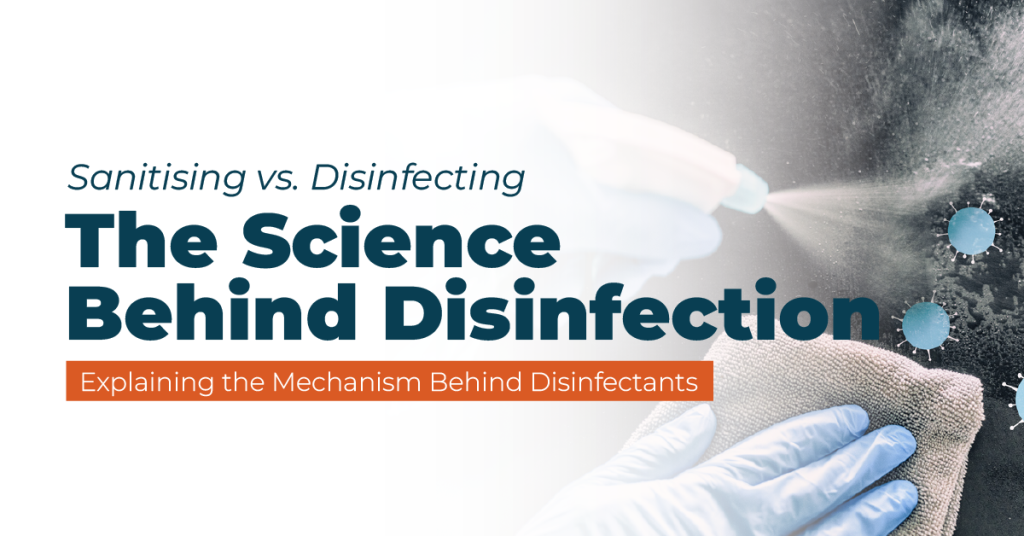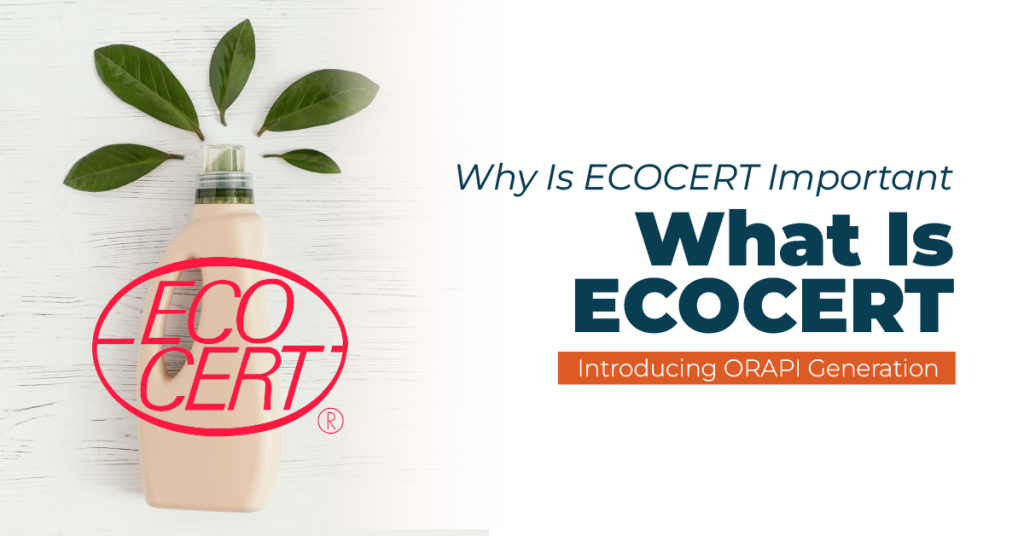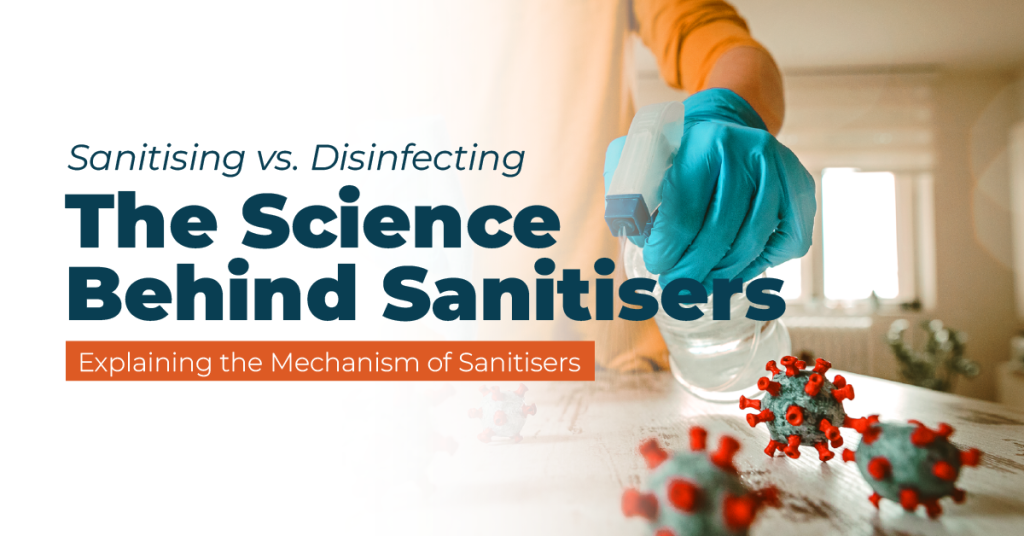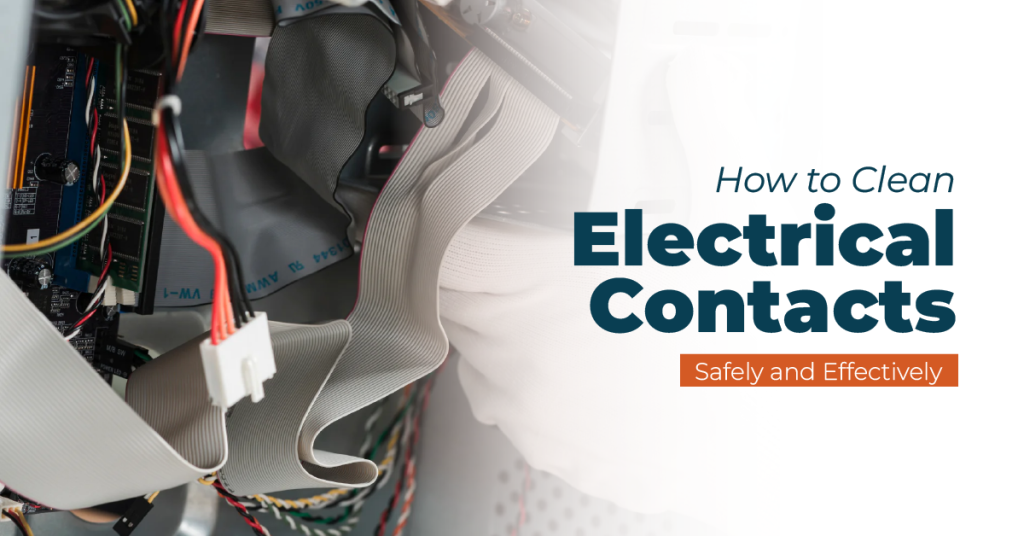
How to Clean Electrical Contacts Safely and Effectively
It’s essential to maintain clean electrical contacts to ensure the smooth operation of electronic devices, machines, and appliances. Any buildup of dust, dirt, or other debris can lead to incomplete connectivity, inconsistent performance, or even total equipment failure. An electrical cleaner is commonly known as a contact cleaner, switch cleaner, or battery terminal cleaner – depending on its specific use case. It’s a type of solvent cleaner that helps to eliminate any contamination or debris from the conductive surfaces of

